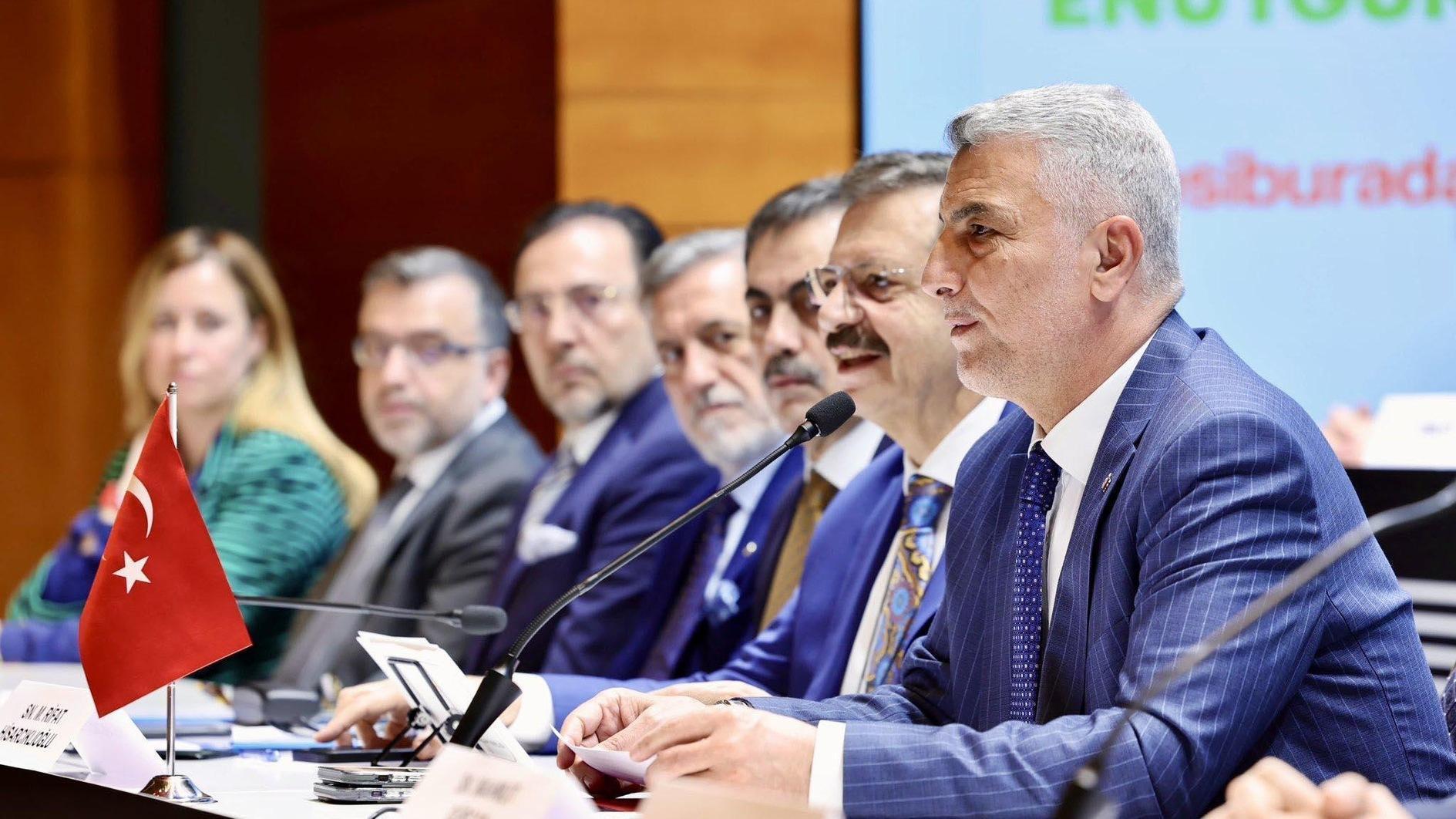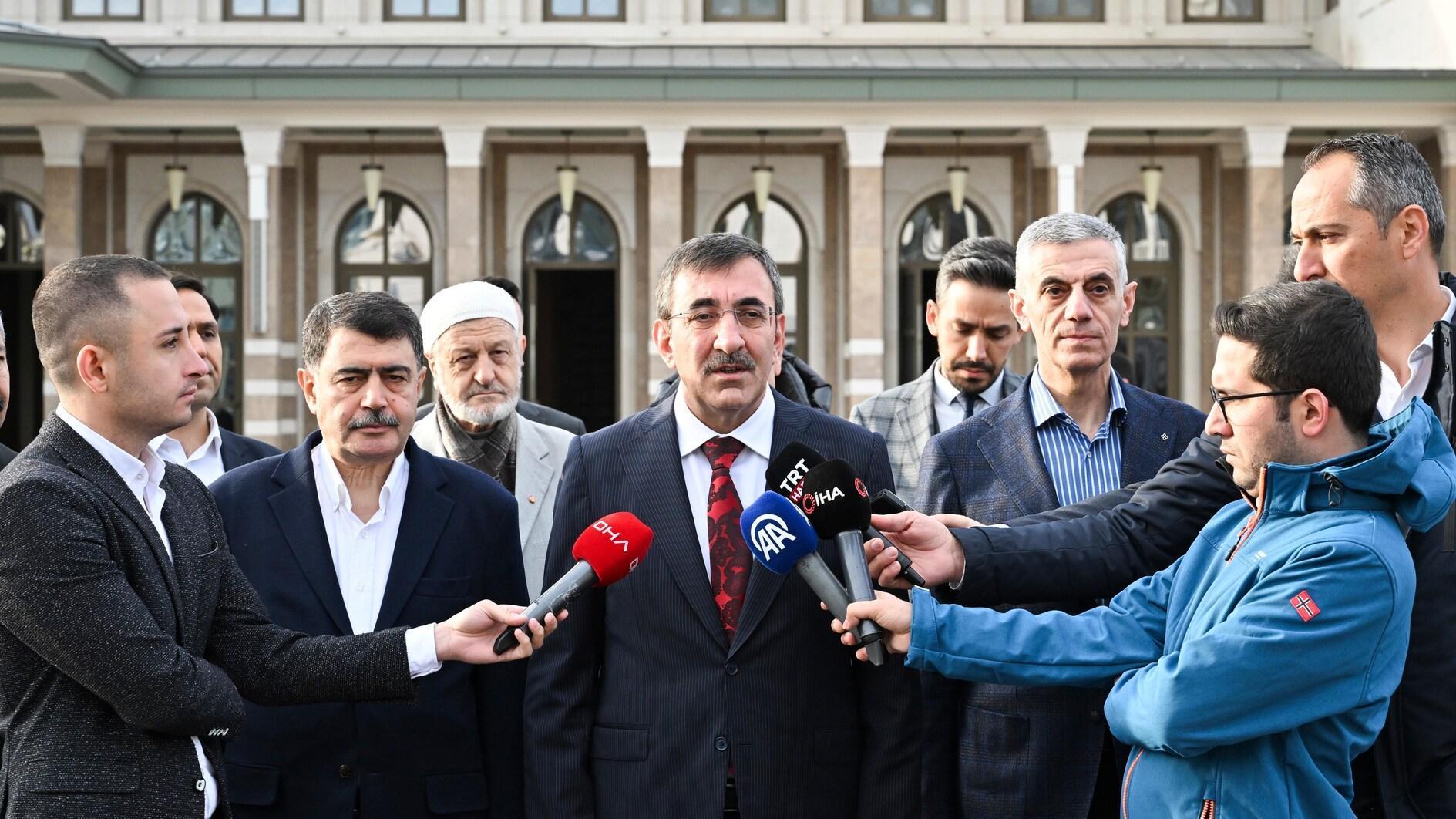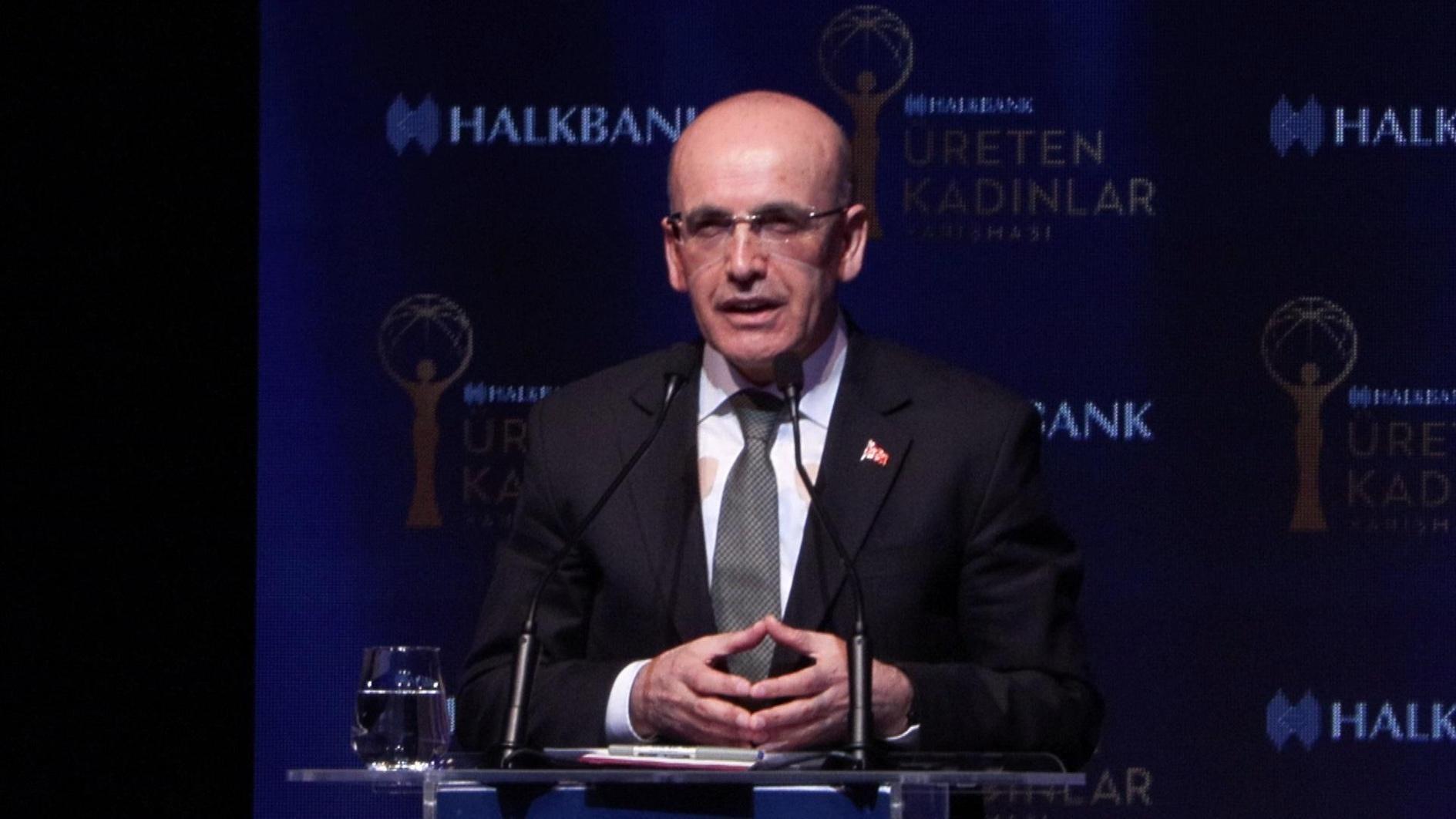Turkey’s Westen relations not to be squandered
ÜNAL ÇEVİKÖZ
What Turkey went through on the night of July 15 will last as an unprecedented episode of the country’s recent history. Although Turkey has lived through many coups in the past and suffered under the rules of juntas, it has never experienced a coup attempt which not only failed, but left more than 200 dead and over 1000 injured. July 15 was the bloodiest of all the coups and will remain a black spot in Turkey’s democratic past, present and future.Yet, the reaction from Turkey’s allies was disappointing. Not to mention the conspiracy theories suggesting that it was staged with a view to strengthen the current tendencies of authoritarianism, many failed to show understanding and full solidarity with the people of Turkey who risked their lives to stop the coup. This attitude adds insult to injury.
Turkey’s relations with the West have been problematic, to say the least, in the last couple of years. Particularly after 2009, Western democracies and allies began to perceive Turkey as a liability rather than a strong asset with which they could develop a constructive partnership on the southern flank of NATO. Turkey’s poor performance in the field of fundamental rights and freedoms has been frequently criticized. 2013 was a major turning point for the Turkish government’s image abroad. Its approach to control the “Gezi events” in Taksim Square by resorting to indiscriminate and disproportionate use of power were interpreted as a blow to democracy.
It is sad to observe that the reaction of Western media to the July 15 failed coup attempt seems to be influenced by such a background. The brave resistance of Turkey’s public to protect its parliamentary democracy, civilian control over the military and peace and stability in the country, however, is being neglected.
The coup attempt aimed to destroy all of these values in Turkey. It was the first time in Turkey’s history that a democratically-elected parliament was under armed attack. It was the first time that the members of Turkey’s army killed innocent civilians. It was the first time that Turkey’s military and police clashed in an armed confrontation. If this is not enough to understand how evil forces had penetrated Turkey’s system in each and every area of its public administration, then what is?
There are forces in Turkey, and also in the West, who do not fail to exploit this situation in order to widen the rift between Turkey and its allies as well as to undermine its commitments to the western system of values. The United States is blamed of “being informed,” if not “involved,” in the tragic events of the night of July 15. Script writers of such a farfetched conspiracy theory substantiate their “evidence” on the fact that the person who is believed to be behind staging this coup attempt, namely Fethullah Gülen, lives in Pennsylvania.
Turkey has asked for the extradition of Gülen with a view to pursue a criminal investigation. Turkey does not have a brilliant record of preparing such extradition files successfully and has failed many times in the past due to a lack of compliance with the requirements of relevant international legal instruments.
This, however, should trigger more serious coordination and cooperation with Turkey instead of a flat rejection of the demand for extradition. Turkey, on the other hand, should be ready to comply and complete all the necessary information, substantial and circumstantial evidence in order to legitimize and justify its demand for extradition. Failing to do so will end up with the non-extradition of Gülen to Turkey. If he is not extradited, suspicion in Turkey’s public opinion about the U.S.’ intentions is bound to increase.
Turkey’s relations with the United States and the West in general are a very important pillar of European and Euro-Atlantic security. After the end of the Cold War, many held the view that Turkey’s strategic importance had decreased. Some even suggested the NATO alliance had already become obsolete. On the contrary, Turkey with its secular, democratic, pluralistic civil society and not dysfunctional parliamentary system, as well as its military reliability and capabilities, has rapidly proven to be a strong partner to cope with growing radicalism in North Africa and Middle East, particularly in the fight against Islamic State of Iraq and the Levant (ISIL) terrorism.
Today, after the thwarted coup attempt, Turkey may not be able to give reassurances to its allies on the sustainability of its military capabilities because of the much-disrupted rank and file. In fact, voices from allies point to the interrupted coordination with their counterparts in the Turkish military and express concern that such a rupture may result in vulnerabilities.
The top brass of Turkey’s military, however, is still in place and in full control and command of the armed forces. Turkey’s chief of general staff reassured his American counterpart that Turkey’s cooperation and participation in the coalition which is fighting against ISIL would not be affected.
The visit of the U.S. chief of staff to Turkey last weekend, therefore, was a crucial litmus test between the two allies to prove that Turkey and the U.S., in spite of all the negative propaganda to endanger its fundamentals, were still bound in a sustainable strategic alliance.
At a time when Turkey is going through a significant turn in its own history, bilateral relations with the U.S. should not be allowed to go down the drain and should be even more strongly enhanced with a view to ensure Euro-Atlantic security. This, in return, will become a major strengthening factor for Turkey’s democracy, too.











